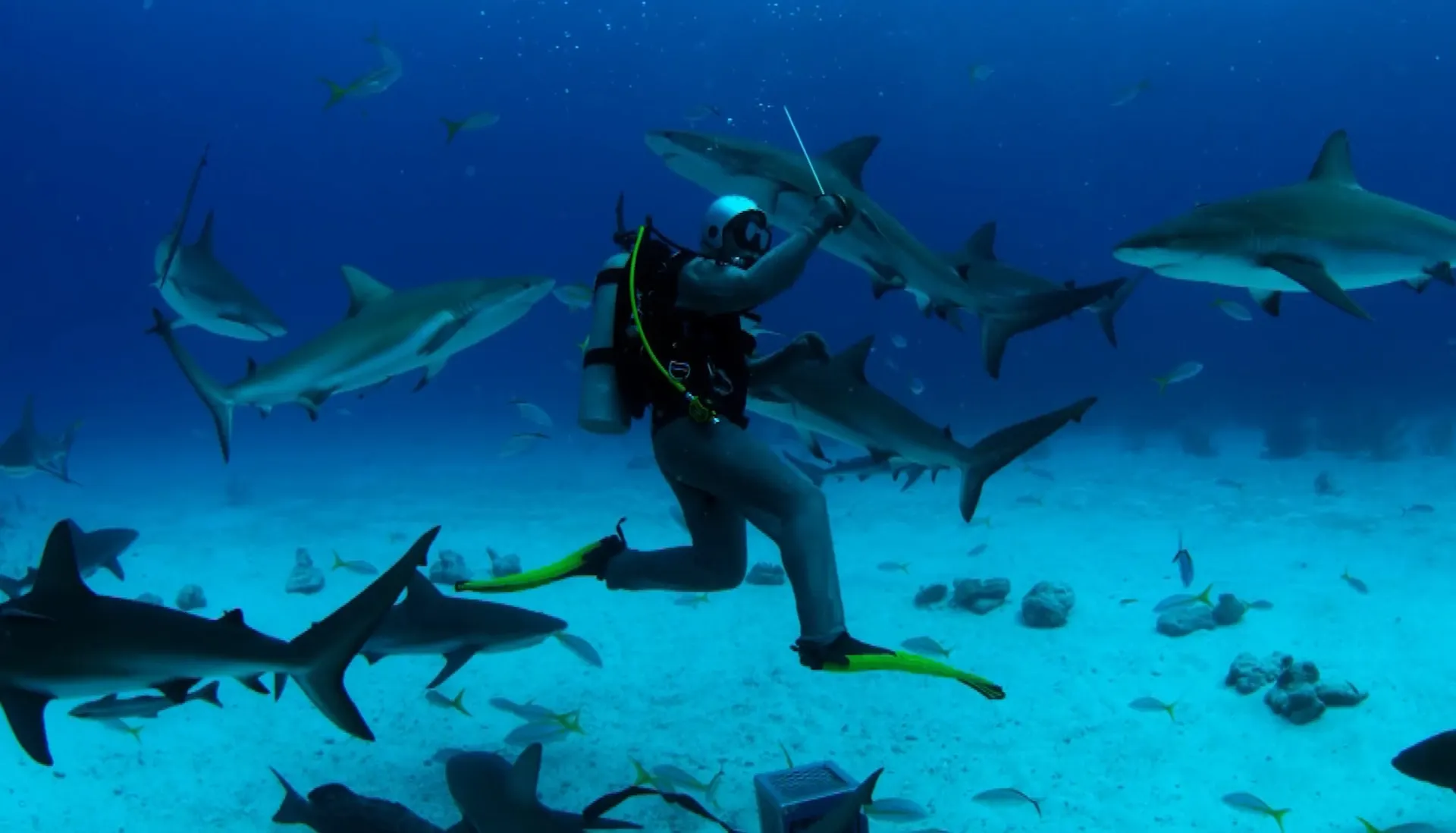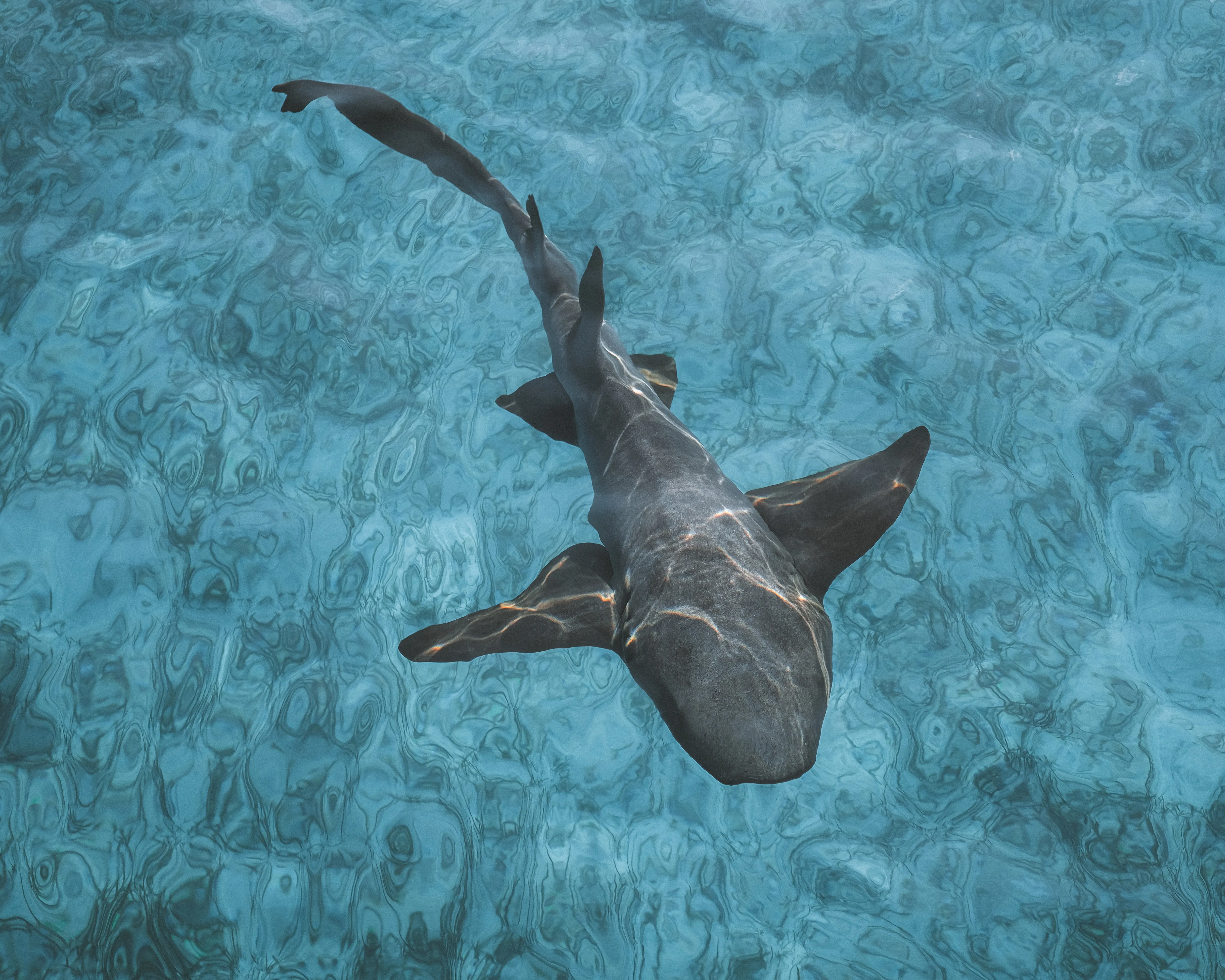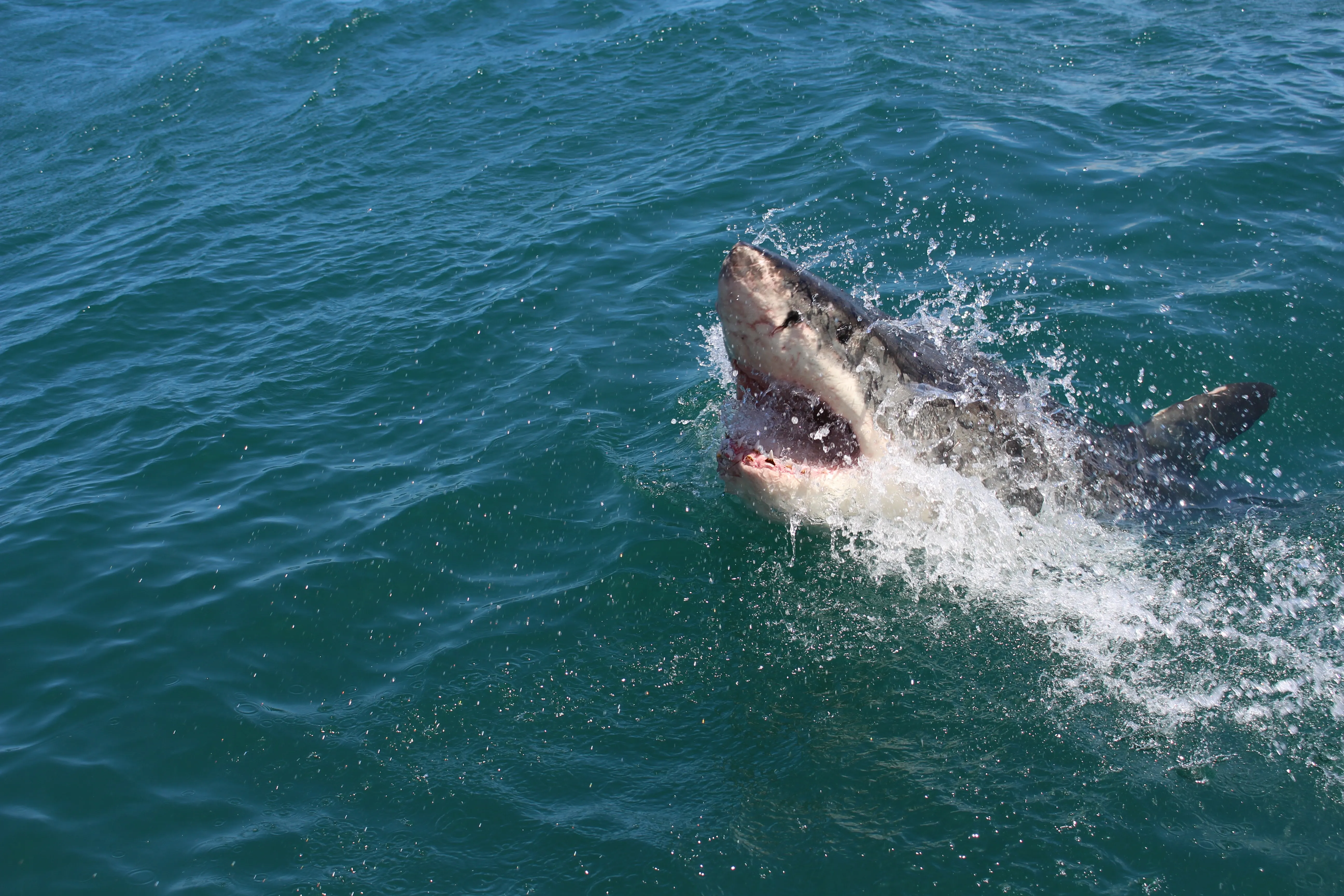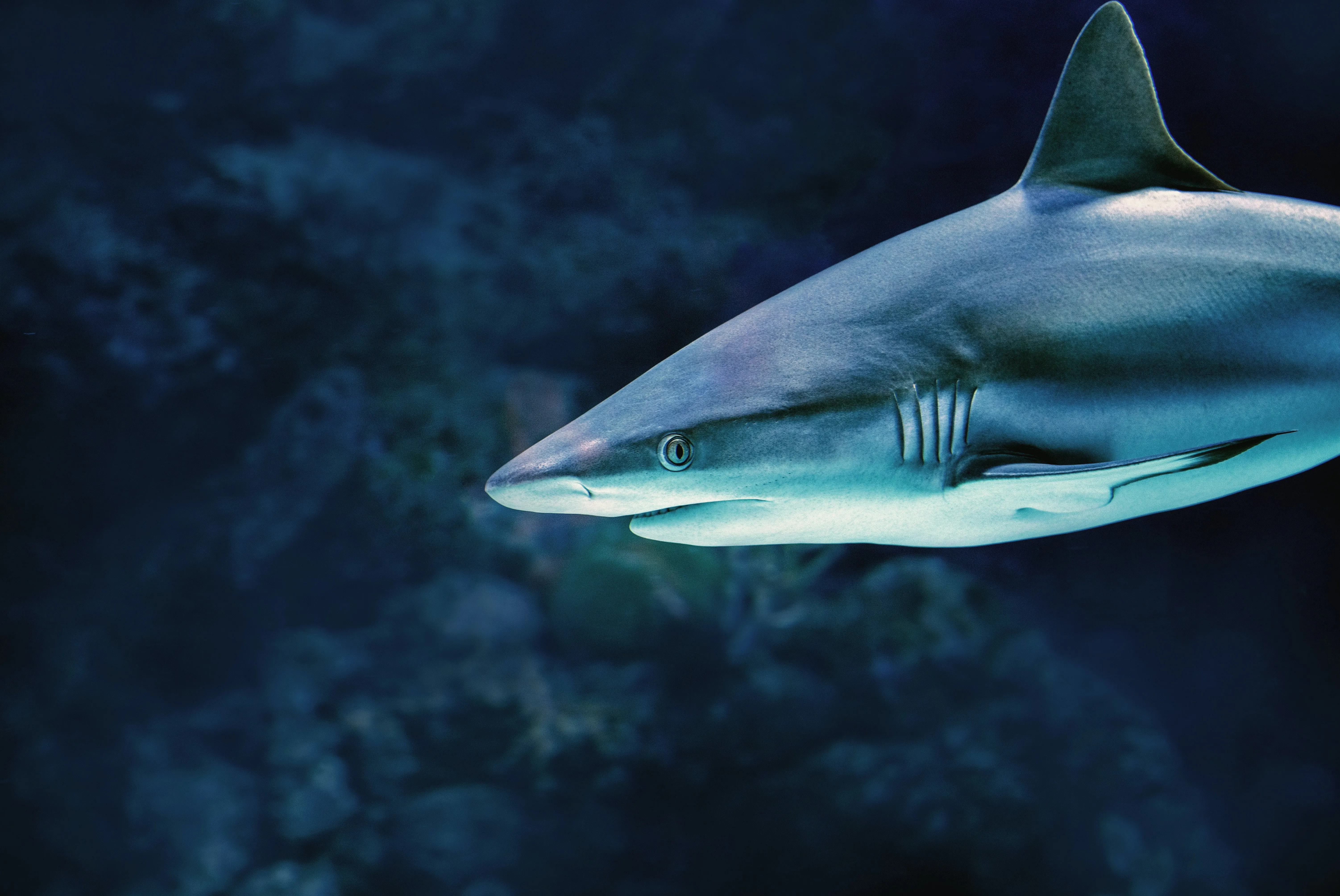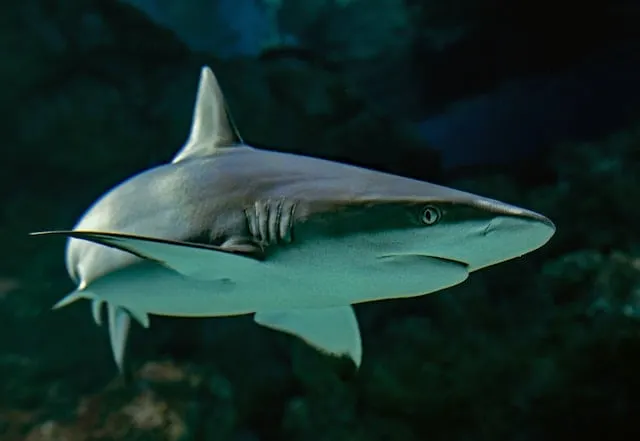Unmasking the Threats: The Top Ten Dangers Confronting Global Shark Populations and How We Can Aid Their Survival 🦈
The oceans are home to a diverse array of life forms. They serve as the residence for the marine world's most fascinating and significant creatures – sharks. However, these captivating animals are faced with a myriad of threats, some of which are leading them closer to extinction. Here, we will delve into the top ten dangers facing global shark populations and how we can turn the tide to ensure their survival. 🌊🦈
Overfishing 🎣
One of the most serious threats to sharks is overfishing. Millions of sharks are captured every year, both intentionally for their meat, fins, and liver oil, and unintentionally as bycatch in fisheries targeting other species. This unsustainable practice has led to a significant decline in several shark species.
What we can do: Advocate for sustainable fishing practices, consume responsibly, and support regulations that prevent overfishing.
Shark Finning 🦈💔
A particular form of overfishing is shark finning, which involves cutting off a shark's fins and discarding the body at sea. This cruel practice is driven by the high demand for shark fin soup, a luxury dish in some cultures.
What we can do: Promote education about the brutality of shark finning and boycott restaurants and businesses that sell shark fin soup.
Habitat Destruction 🏭
Coastal development, pollution, and destructive fishing practices, such as trawling, are wreaking havoc on shark habitats. Sharks lose their homes and food sources, leading to population decline.
What we can do: Support conservation efforts, promote sustainable development, and participate in clean-up initiatives in your local community.
Climate Change 🌍🔥
As ocean temperatures rise and sea levels increase due to climate change, sharks, like many marine species, are feeling the heat. Changes in water temperature can disrupt migratory patterns and breeding cycles.
What we can do: Reduce your carbon footprint, support clean energy alternatives, and advocate for policies that mitigate climate change.
Marine Pollution 🌊💀
Pollution, including plastic waste and chemical runoff, is another significant threat. Sharks can ingest plastic debris, causing health problems, while chemicals can lead to harmful algal blooms that deplete oxygen levels in the water.
What we can do: Limit single-use plastic consumption, recycle, and support initiatives aimed at reducing pollution.
Illegal Wildlife Trade 🚫🔗
Besides finning, sharks are illegally traded for their teeth, jaws, and other parts, often used in jewellery and souvenirs.
What we can do: Refrain from buying shark products, spread awareness about the illegal wildlife trade, and report any illegal activities to local authorities.
Lack of Accurate Knowledge and Data 📚❓
Many shark species are poorly studied, making it difficult to understand their behaviours, populations, and conservation needs.
What we can do: Support scientific research, citizen science initiatives, and programmes focused on studying and protecting sharks.
Ocean Noise 🚢🔊
Increasing noise pollution in the ocean, primarily from shipping traffic and seismic surveys, can disrupt shark behaviours and negatively impact their survival.
What we can do: Advocate for regulations that limit ocean noise, and support research on its impacts on marine life.
Trophy Hunting 🏆💔
Some people kill sharks for sport and pose with their bodies for photos. This unnecessary practice is harmful to both individual sharks and their populations.
What we can do: Promote ethical wildlife tourism, discourage trophy hunting, and support legislation against it.
Public Perception 👥😱
Sharks are often feared due to inaccurate portrayals in media and pop culture. This fear can lead to indifference or hostility towards shark conservation efforts.
What we can do: Educate yourself and others about the importance of sharks in marine ecosystems, dispel myths, and promote a positive image of these fascinating creatures.
While the threats facing sharks are significant, they are not insurmountable. Each of us has a role to play in ensuring the survival of these majestic marine creatures. It starts with awareness and continues with action. Let's together foster a safer environment for sharks, thus safeguarding the ocean's delicate balance. 🌊🌍💙
And now for a light-hearted sign-off joke to end things on a cheerful note:
Why don’t gardeners make good conservationists? Because they keep pulling up the shark roots! 😄🦈🌿
Remember, every little step towards conservation helps. Let's dive in and make a difference, one wave at a time.

